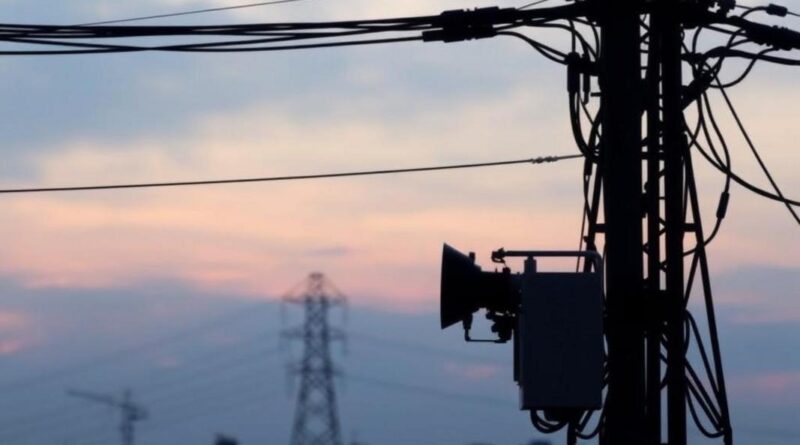Investigating Spain’s April Blackout: Reasons Behind the Crisis
Investigating Spain’s April Blackout: Reasons Behind the Crisis
The Implications of Grid Failures
The recent blackout in Spain serves as a stark reminder of the vulnerabilities within modern electrical grids. The Spanish government has highlighted that failures in infrastructure played a pivotal role in the crisis, indicating a need for immediate upgrades and maintenance. Ignoring these underlying issues could result in repeated shutdowns, impacting not only daily life but also the economy, which thrives on reliable energy supply. The focus must now shift towards long-term solutions to ensure grid resilience and reliability.
Understanding the Importance of Strategic Planning
Poor planning has emerged as a significant factor in the April blackout, illustrating that foresight in energy management is crucial. Developing frameworks for efficient energy distribution requires collaboration among stakeholders, including government agencies, utility companies, and urban planners. This event underscores how lapses in strategic oversight can lead to disastrous consequences, prompting a shift towards more proactive planning measures to enhance the overall robustness of the energy sector.
Dispel Myths: Debunking Cyberattack Concerns
The clarification that the blackout was not linked to a cyberattack alleviates fears that have been prevalent in many discussions surrounding energy security. Misinformation can often escalate public panic and political strife. By officially attributing the blackout to internal failures, Spain can redirect the conversation toward improving system vulnerabilities rather than fostering fear around external threats. This debunking can also cultivate a more informed public dialogue regarding cybersecurity protocols and energy infrastructure.
Renewing Focus on Energy Infrastructure
The situation shines a light on the critical need for modernizing energy infrastructure in Spain and beyond. As countries strive to transition to renewable energy sources, they must also ensure that the existing grid can handle both current and future demands. This challenge is not unique to Spain but resonates globally as nations grapple with aging infrastructure. Investments in innovative technologies and smart grid solutions will not only prevent outages but also enhance sustainability in energy consumption.
Concluding Thoughts on Energy Accountability
The accountability demonstrated by Spain in addressing the origins of the blackout paves the way for necessary reforms in energy policy and infrastructure development. The incident is a wake-up call that emphasizes the interdependence of modern society on reliable energy sources. As we look toward the future of energy in Europe and beyond, it’s vital to ask ourselves: what steps will be taken to prevent a recurrence of such incidents? You can read more from the original source here. Engaging the public in discussions surrounding energy security holds the key to a more robust and enlightened approach to our energy needs.

The Implications of Grid Failures
Understanding the Importance of Strategic Planning
Dispel Myths: Debunking Cyberattack Concerns
Renewing Focus on Energy Infrastructure
Concluding Thoughts on Energy Accountability

